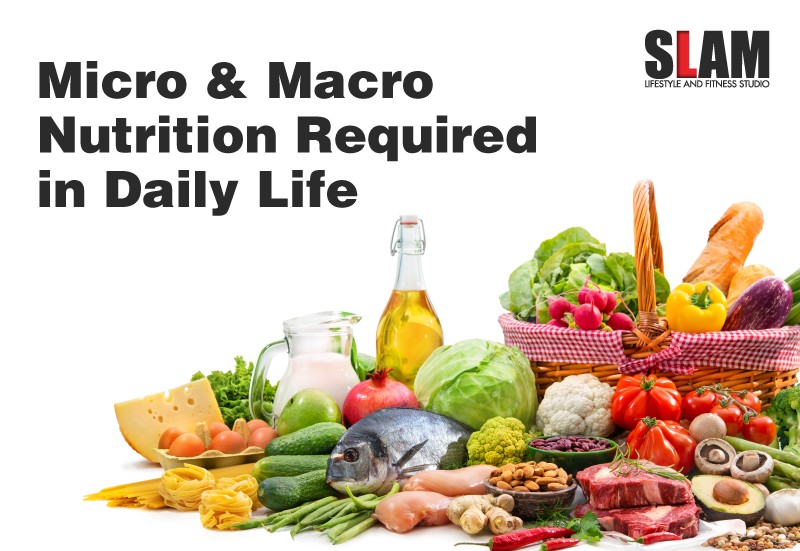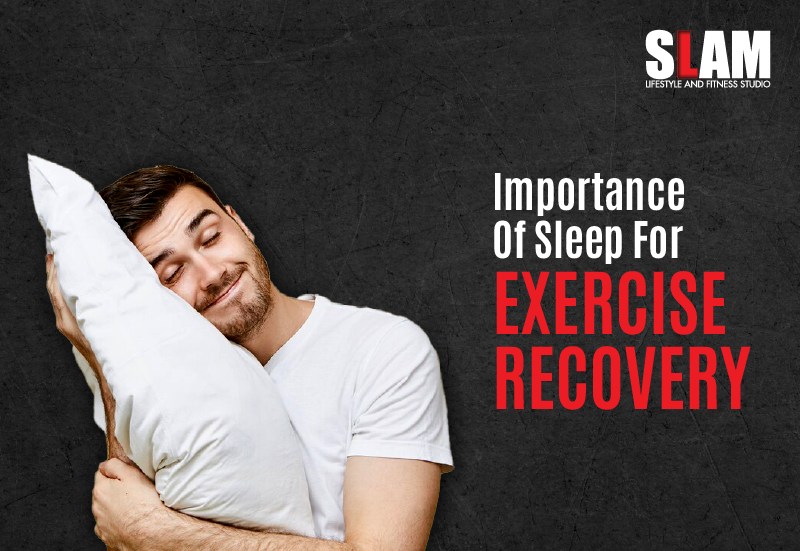Introduction
For overall well-being, it’s crucial to maintain a balanced diet, which calls for a balance of both micro and macro nutrition. While macronutrients like carbs, proteins, and fats are required in greater proportions, micronutrients like vitamins and minerals are required in lesser amounts.
What is Micro nutrition?
Vitamins and minerals that the body needs in extremely small amounts are known as micronutrients. However, they have a crucial impact on a body’s health, and a lack of any one of them can result in serious, even life-threatening illnesses.
These micronutrients carry out a variety of tasks, including assisting the body in producing the hormones, enzymes, and other elements necessary for typical growth and development. The most prevalent nutritional deficiencies worldwide, particularly in children and pregnant women, are those in iron, vitamin A, and iodine.
What is Macro nutrition?
Your body needs a lot of nutrients called macronutrients to operate at their best. The three primary macronutrients are fat, protein, and carbs.
For instance, essential amino acids are provided by proteins, and essential fatty acids are present in lipids. These elements are used by your body for certain purposes. Calorie-based energy is also included in macronutrients. The majority of your body’s energy comes from carbohydrates, but it can also draw on other macronutrients if necessary.
Protein, fat, and carbs are macronutrients. The term “macro” refers to their proportional demand for them being in greater quantities than other nutrients. Despite the fact that there are recommended ranges for macronutrient intake, your requirements depend on your unique situation.
Sources of Micro and Macro Nutrients
Some sources of micronutrients include:
Vitamin A: sweet potatoes, carrots, spinach, and dairy products.
Vitamin C: citrus fruits, berries, tomatoes, and peppers.
Vitamin D: fatty fish, egg yolks, and fortified dairy products.
Vitamin E: nuts, seeds, and vegetable oils.
B vitamins: whole grains, meat, poultry, fish, dairy products, and leafy green vegetables.
Iron: red meat, poultry, fish, beans, and fortified cereals.
Calcium: dairy products, leafy green vegetables, and fortified foods.
Zinc: meat, poultry, beans, and nuts.
A varied and balanced diet that includes a variety of these foods can help ensure an adequate intake of micronutrients.
The three main macronutrients are carbohydrates, proteins, and fats, and they can be found in a variety of foods, including:
Carbohydrates: whole grains, fruits, vegetables, legumes, and dairy products.
Proteins: meat, fish, poultry, eggs, dairy products, beans, lentils, and soy products.
Fats: nuts, seeds, oils, avocados, fatty fish, and dairy products.
Slam Fitness Chennai
Slam Fitness is a premium fitness centre located in Chennai, India. Strength training, aerobics, and group exercise courses are just a few of the fitness programmes and tools we provide. Modern technology and skilled trainers are available at our facilities to give members individualised care. To assist members in achieving their fitness objectives, we also offer personalised dietary regimens. Slam Fitness focuses on holistic wellness with the goal of inspiring and motivating people to live healthier lives.
Takeaway
Both macronutrients and micronutrients are essential for preserving health and preventing chronic diseases. Micronutrients are involved in a number of physiological processes, whereas macronutrients give the body energy and building blocks. Meeting both macro and micronutrient needs requires eating a balanced diet that consists of a variety of foods that are high in nutrients.
FAQs
- What are the 4 micronutrients?
The four micronutrients essential for humans are:
- Vitamin C – important for immune function and collagen production
- Vitamin D – crucial for bone health and immune function
- Vitamin B12 – necessary for red blood cell production and nervous system function
- Iron – needed for oxygen transport and energy production
- What are the 5 deficiency diseases?
The five deficiency diseases are:
- Scurvy – caused by a lack of Vitamin C
- Rickets – caused by a deficiency of Vitamin D
- Beriberi – caused by a deficiency of Thiamin (Vitamin B1)
- Anaemia – caused by a lack of Iron
- Pellagra – caused by a deficiency of Niacin (Vitamin B3).
- Is cholesterol a micronutrient?
No, cholesterol is not a micronutrient. Micronutrients are essential vitamins and minerals required in small amounts by the body, whereas cholesterol is a type of lipid (fat) that is produced by the body and also obtained from the diet.
- Which is the most important nutrient?
Given that all nutrients are necessary for overall health and wellness, it is challenging to pick out one as being the most significant. Water, protein, carbs, healthy fats, vitamins, and minerals, however, are some essential nutrients that are particularly significant because they all play crucial roles in a variety of body functions.



